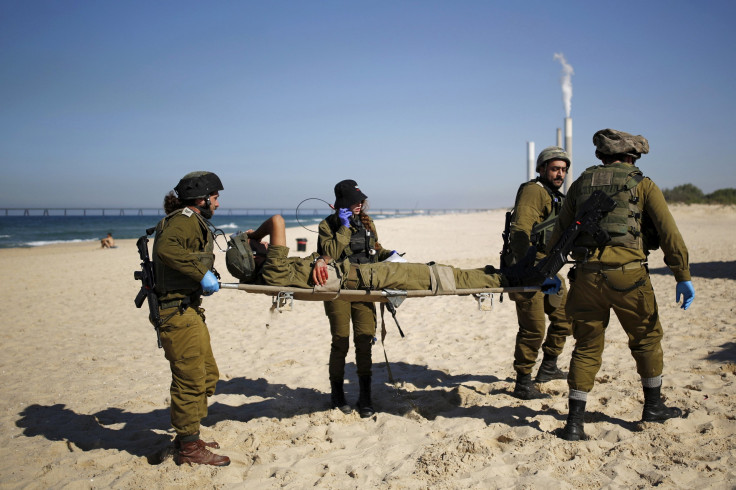US military funds research to provide lab-grown testicles to soldiers with battlefield injuries

Each year, hundreds of soldiers are left with battlefield injuries that make it difficult for them to have their own children. To help such soldiers, the US military has decided to fund a research that would grow testicles in the lab.
It is estimated that so far, more than 50,000 American soldiers have been wounded in the battlefield conditions in Afghanistan and Iraq. A large number of injuries are caused by explosive devices wherein the soldiers are left without an arm or a leg.
However, sometimes the injuries are not clearly visible till the time the soldier returns back home from the battlefield. The Telegraph reports that an estimated 440 soldiers wounded in Iraq alone suffered from injuries that would make it difficult, or nearly impossible for them to have children. Such serious injuries include damage to the testicles, penis or rectal tissue.
To help such soldiers, researchers at the Wake Forest Institute for Regenerative Medicine in North Carolina have grown testicles in the lab using the stem cells derived from such soldiers. These fully functional sperm producing lab-grown testicles can be immediately transferred to the soldier whose stem cells were used for its production.
The stem cells used for the production of the testicles are extracted from the damaged tissue of the soldier. Even though the lab-grows testicles are miniature in term of size, they have all the capabilities to produce normal sperms.
“The future plans are to grow the testicular tissue, expand the cells and put it back into the patient,” said Dr. Anthony Atala, in an interview with The Motherboard. “But for a whole testicle, there is a very rich blood-vessel supply and that’s the challenge. We can make them small, but we’re working hard to make them larger.”
With US military funding and Pentagon-backed research, it seems that severely wounded veterans would soon be able to get a help. The Pentagon is also considering the ways to make the protective gear more effective and comfortable. Currently, many soldiers opt not to wear the gear to protect their genitals because they either find it uncomfortable sor think it won't protect them against an explosion.





















